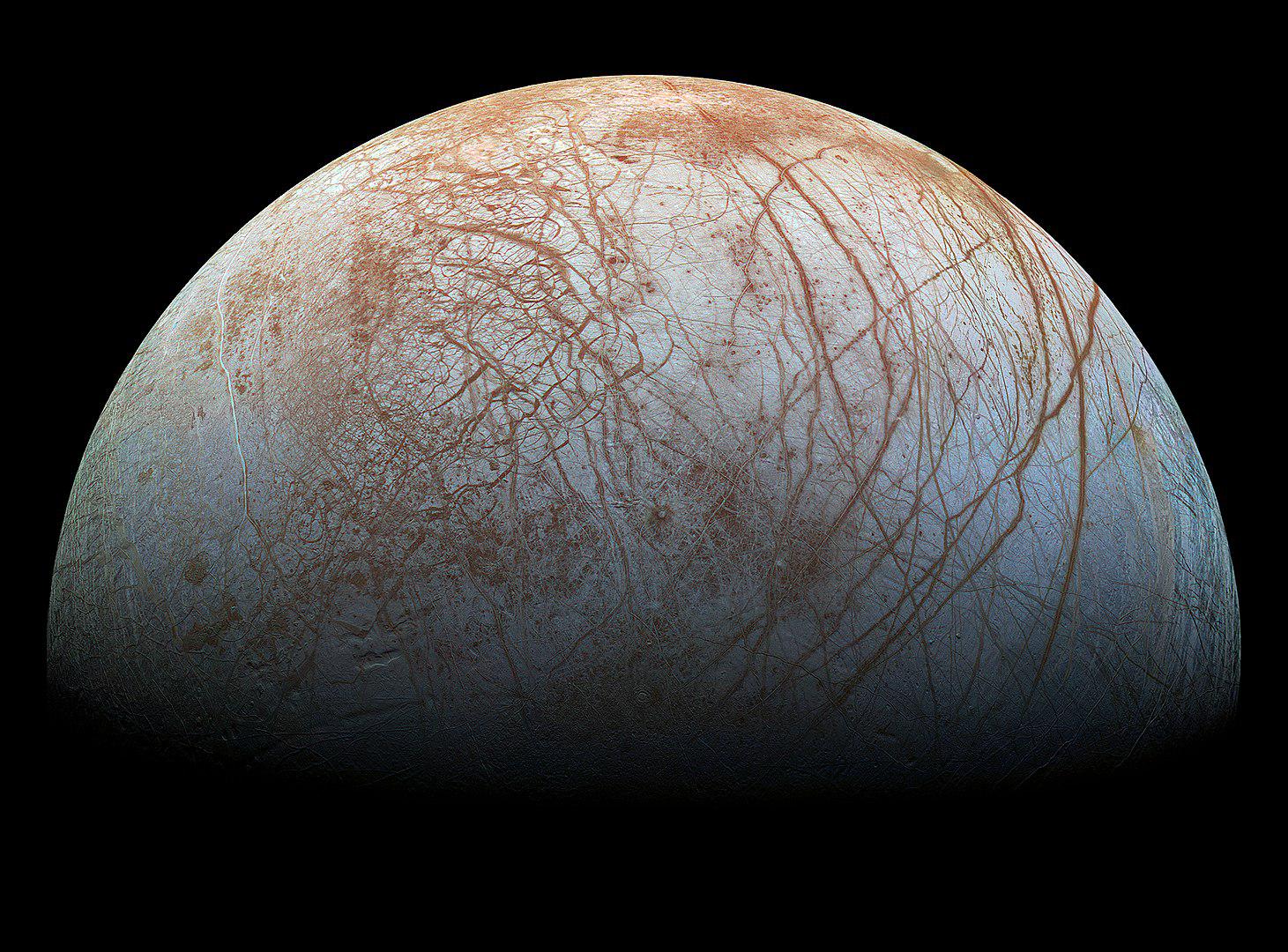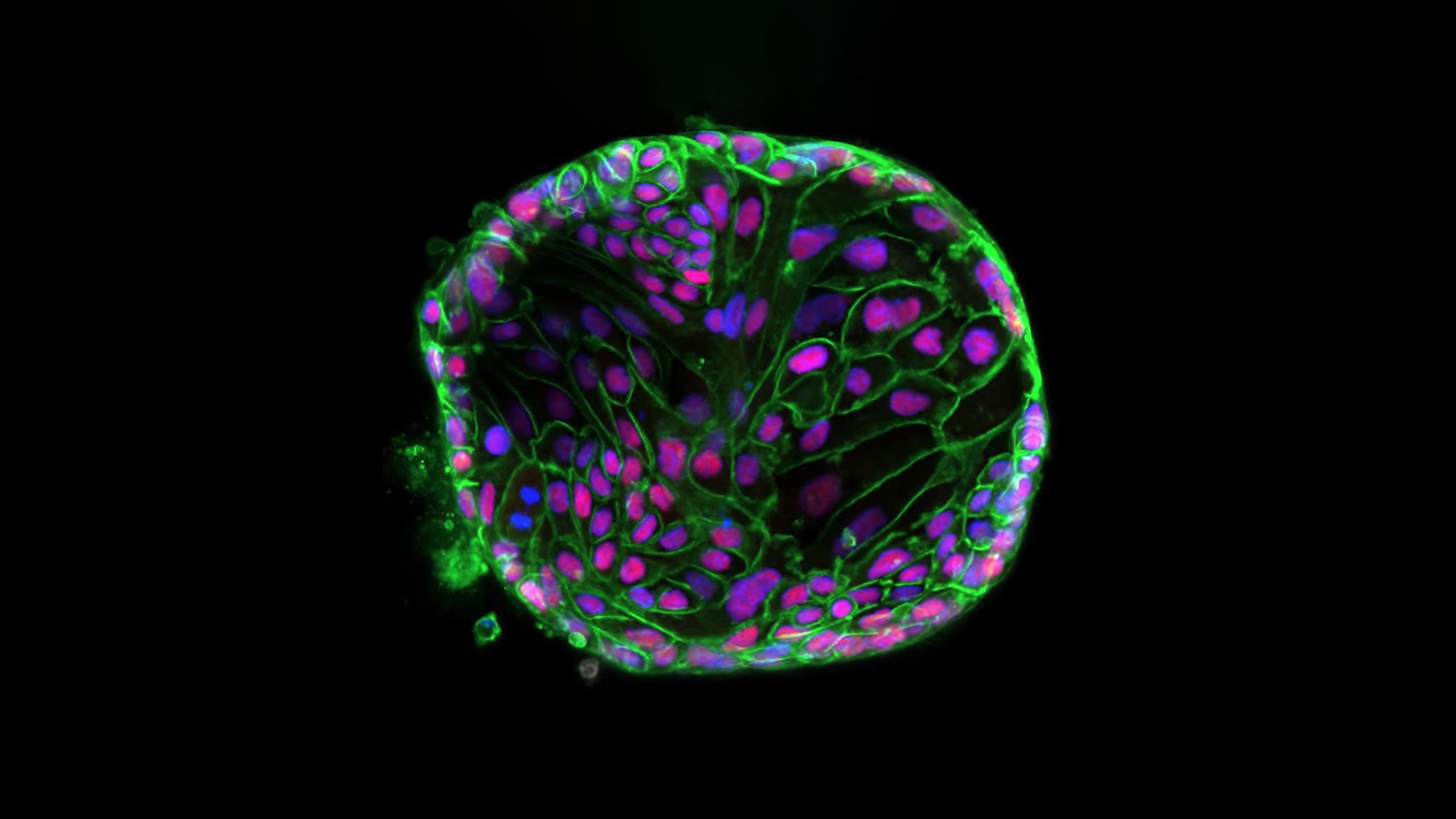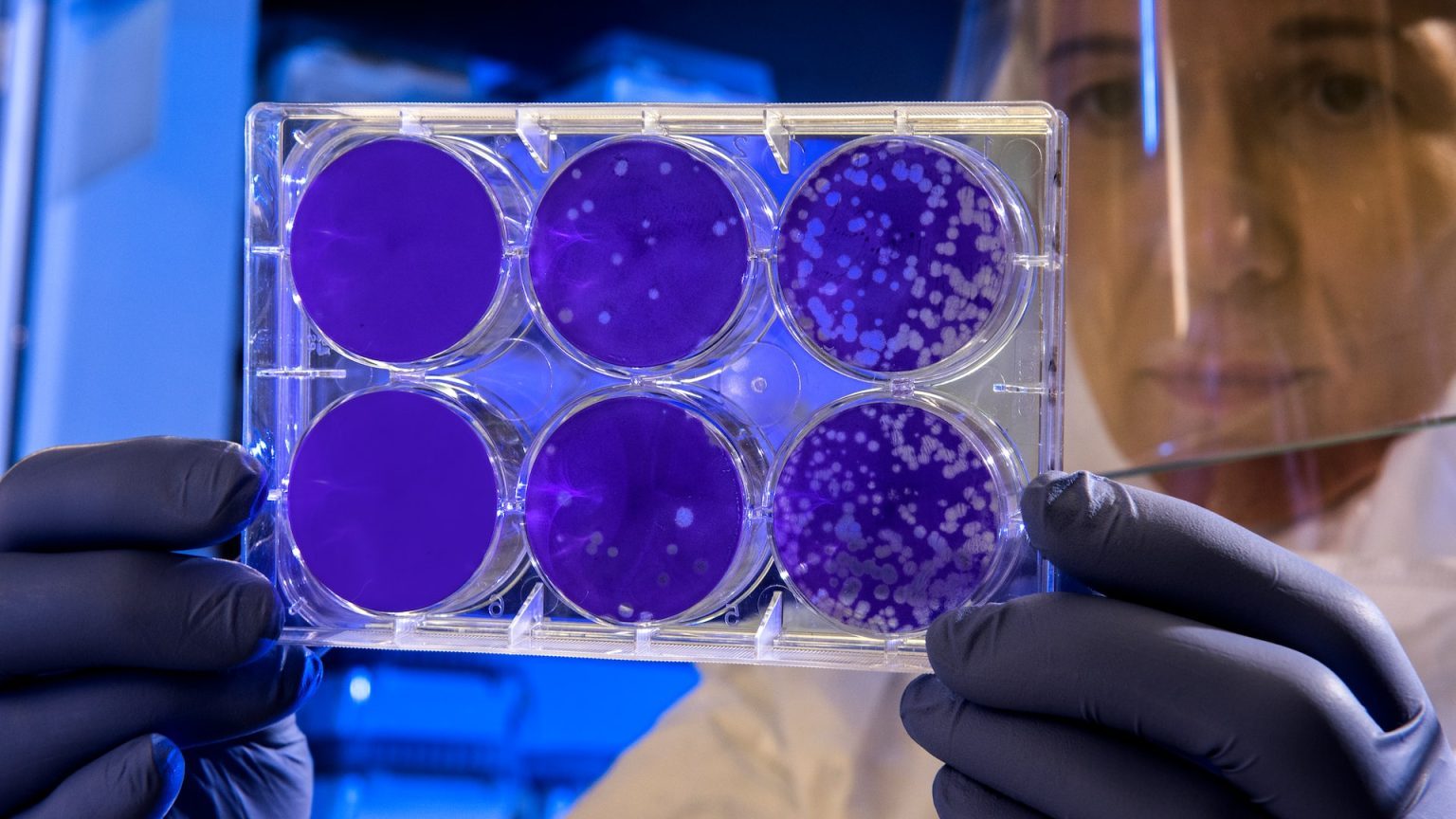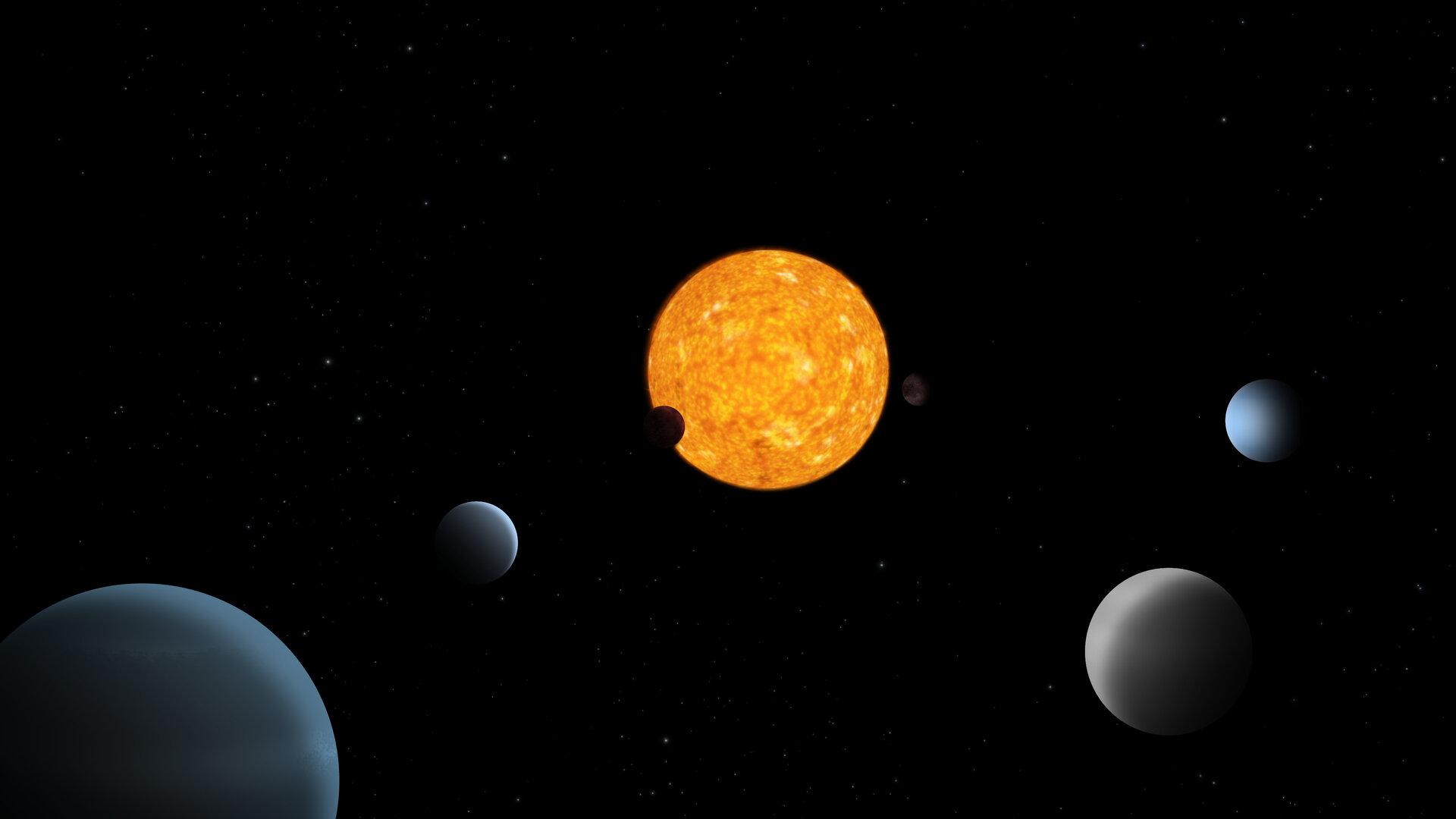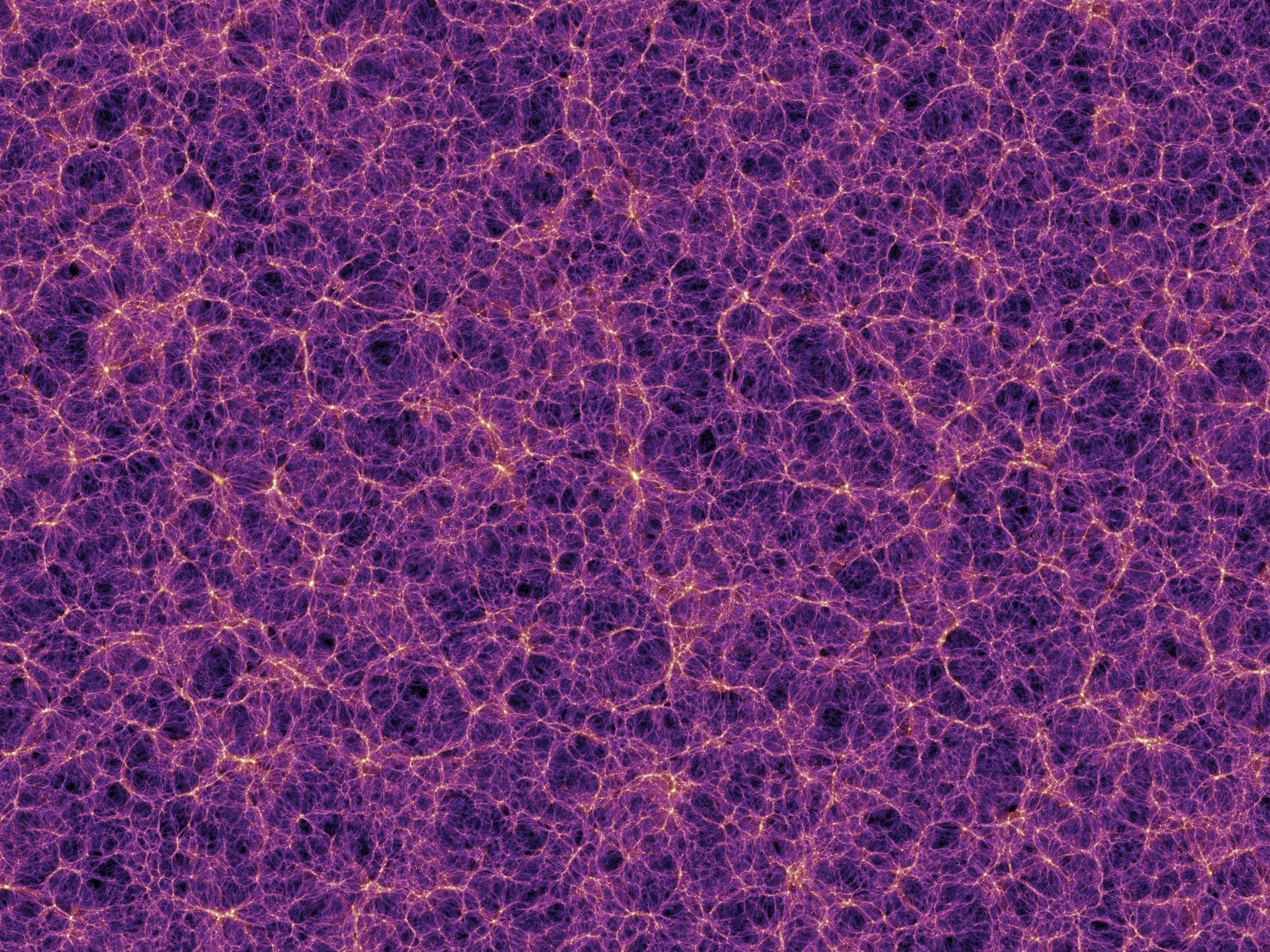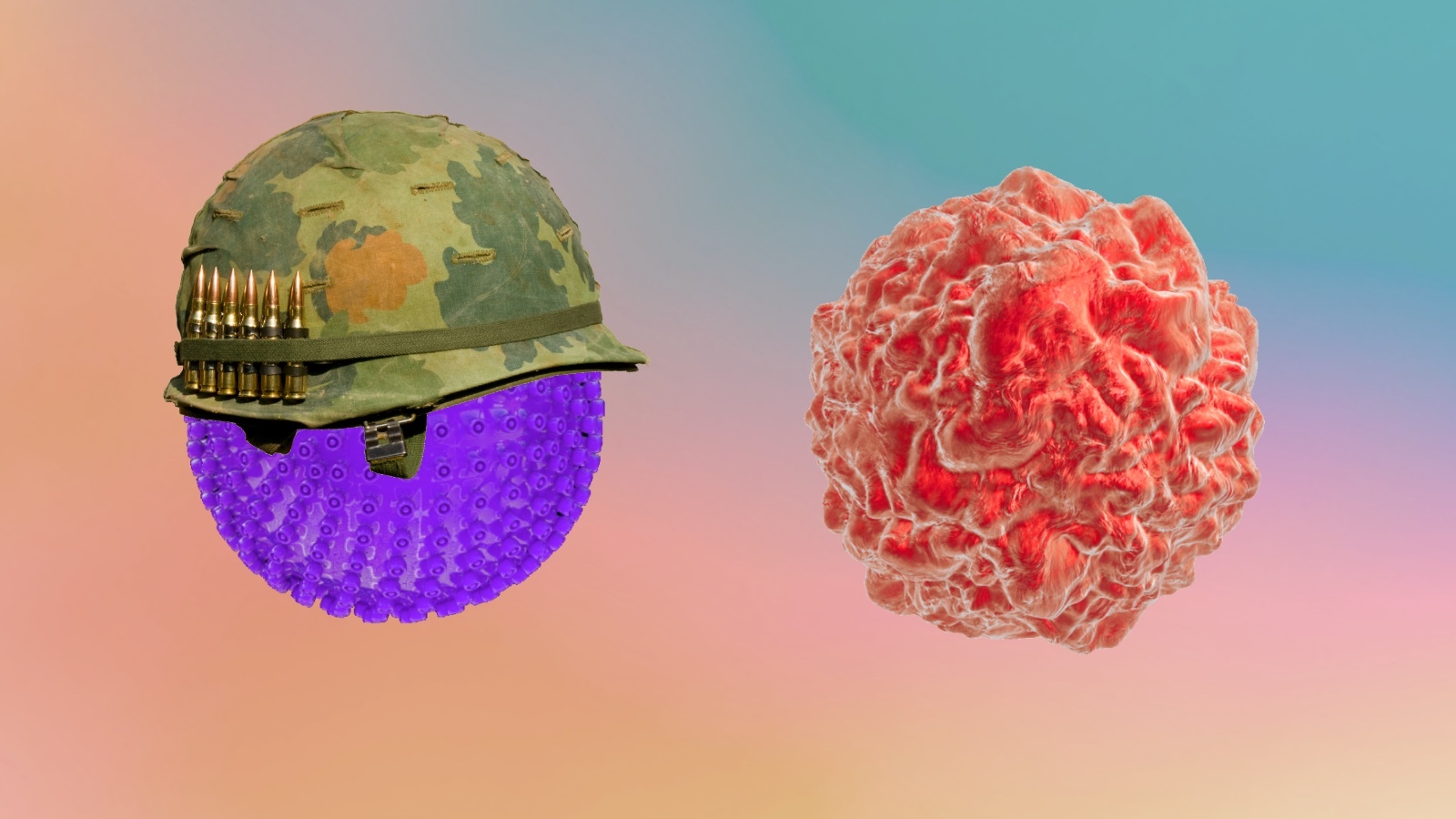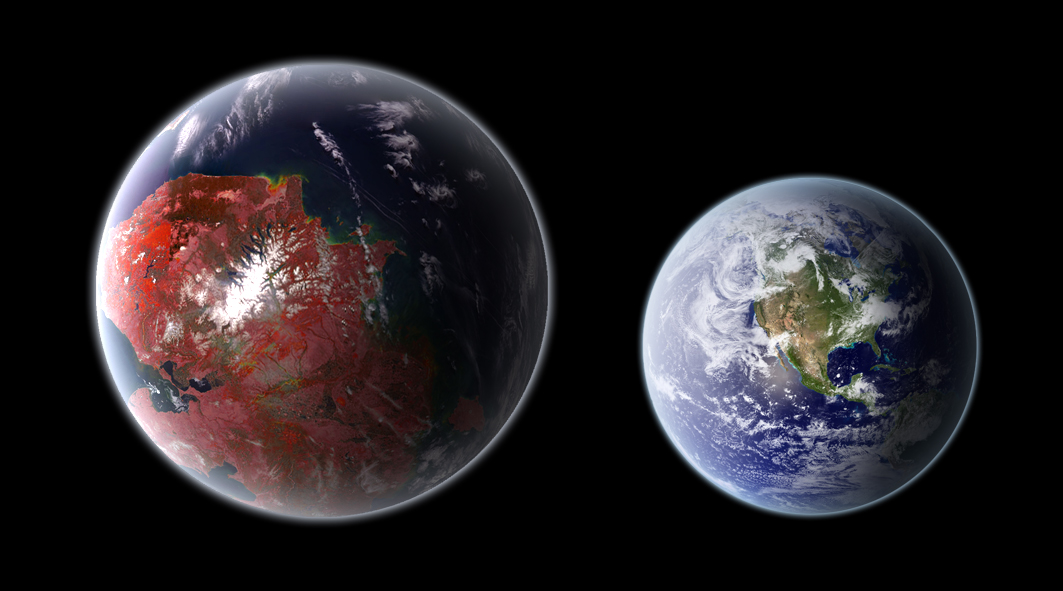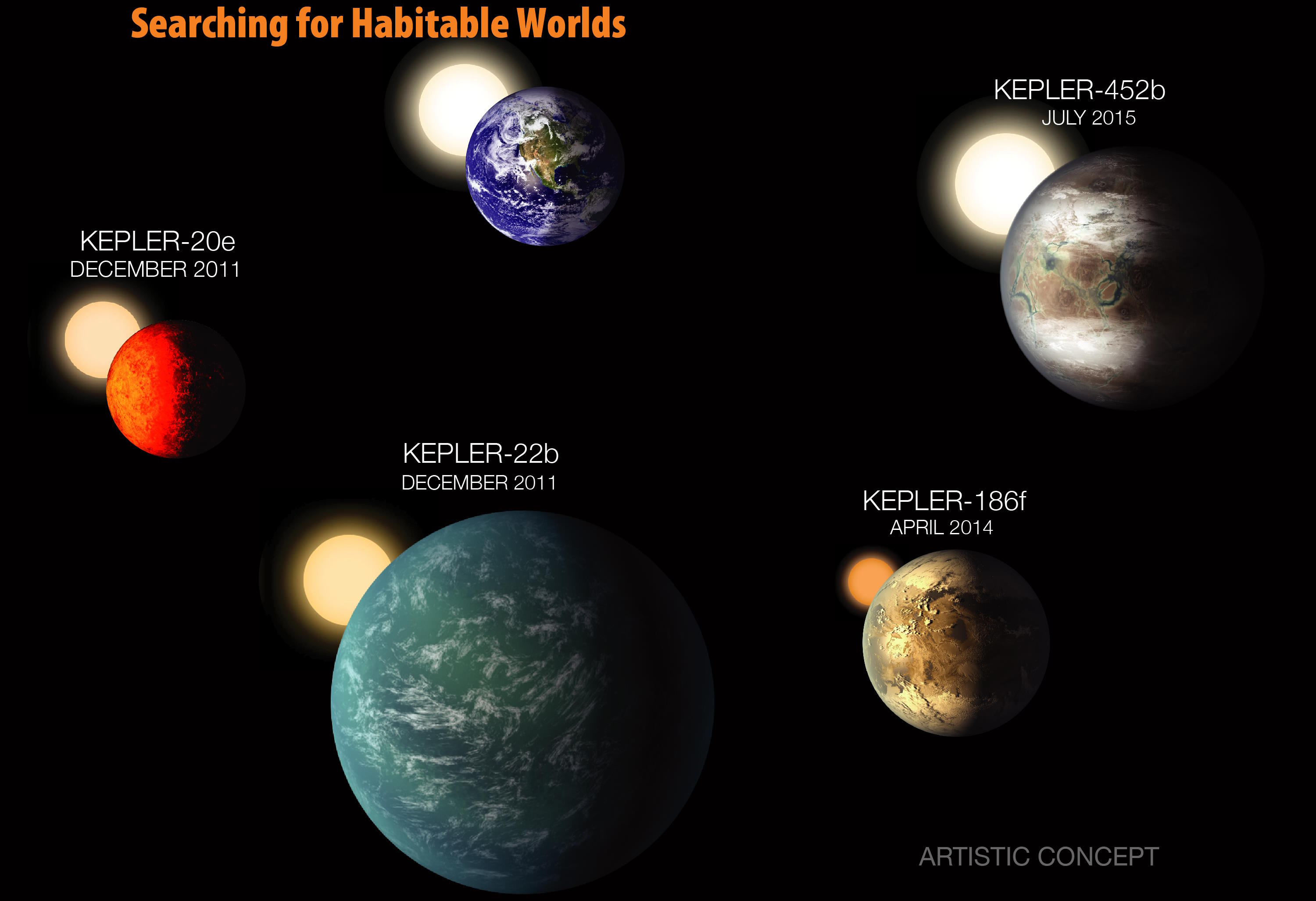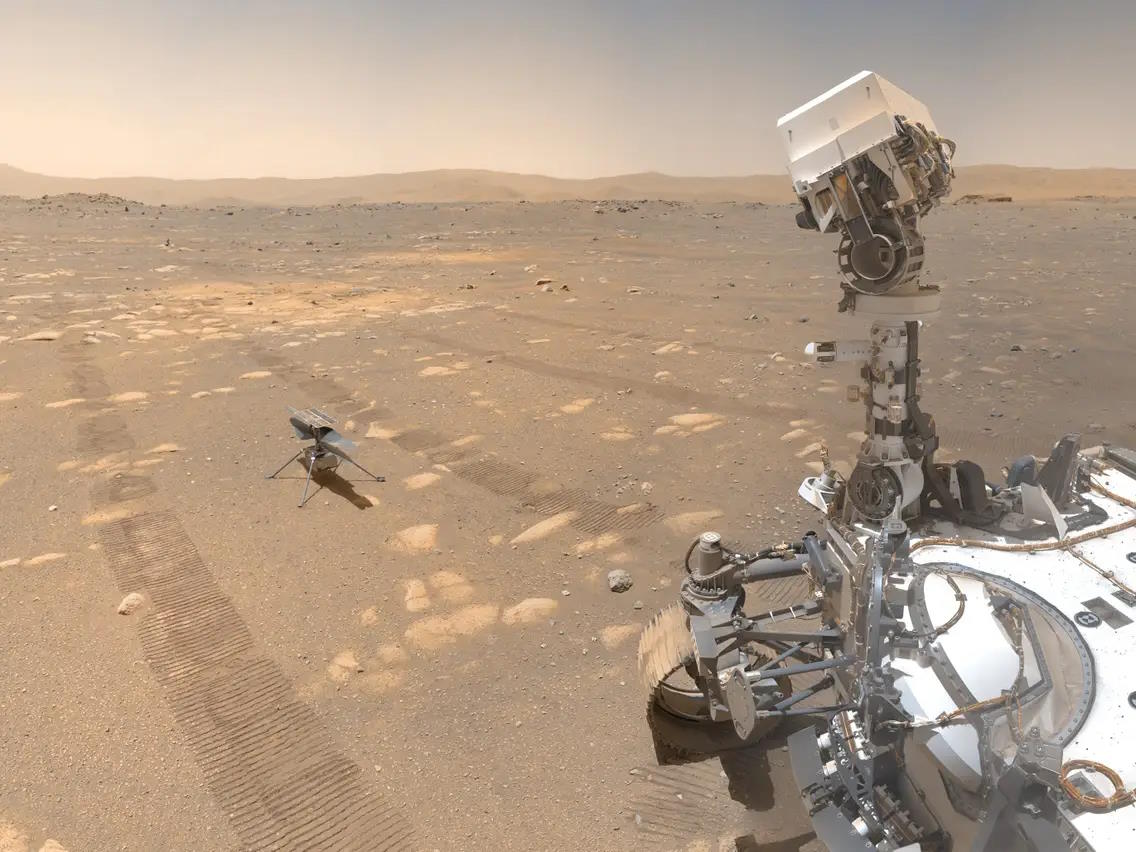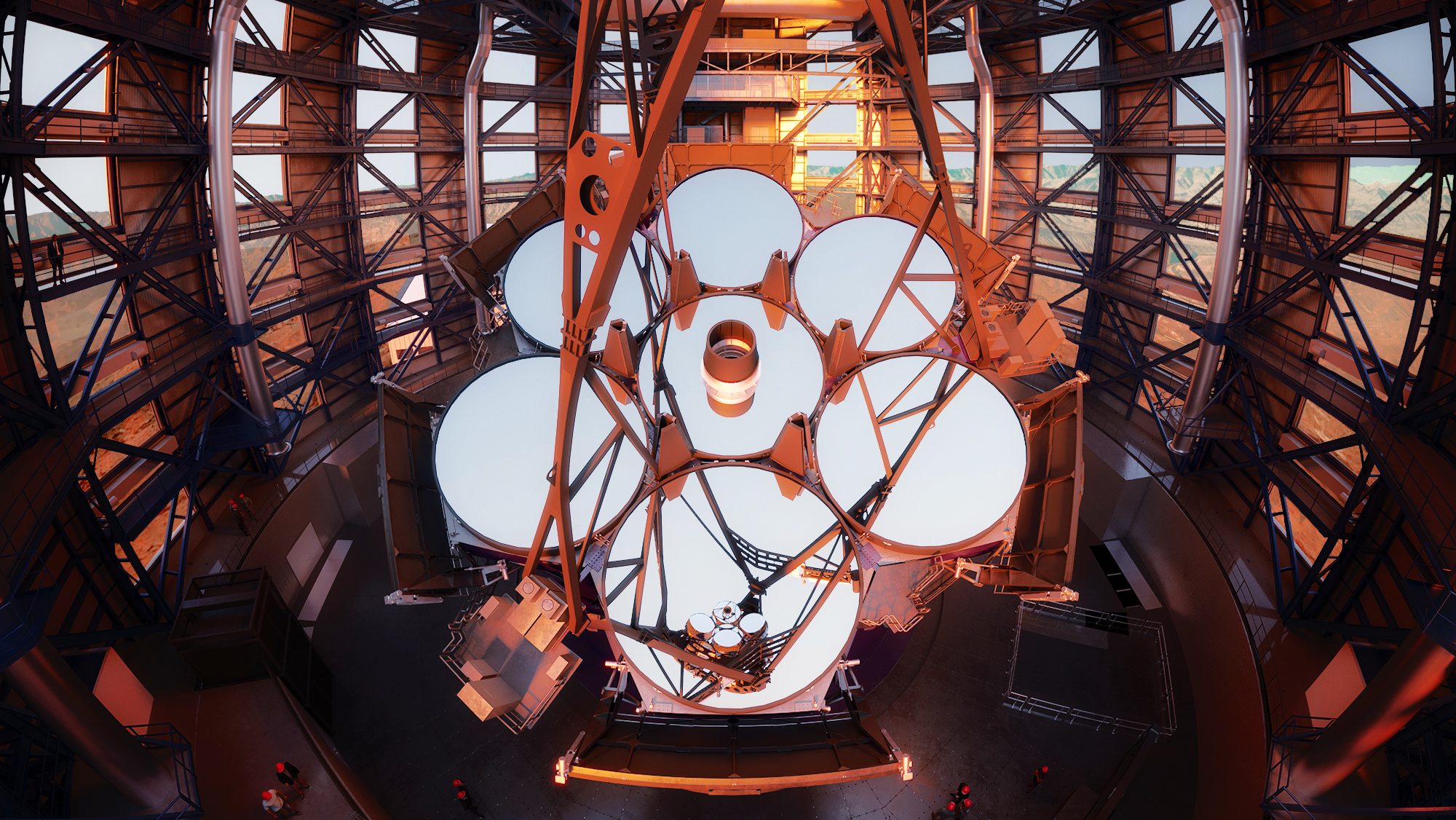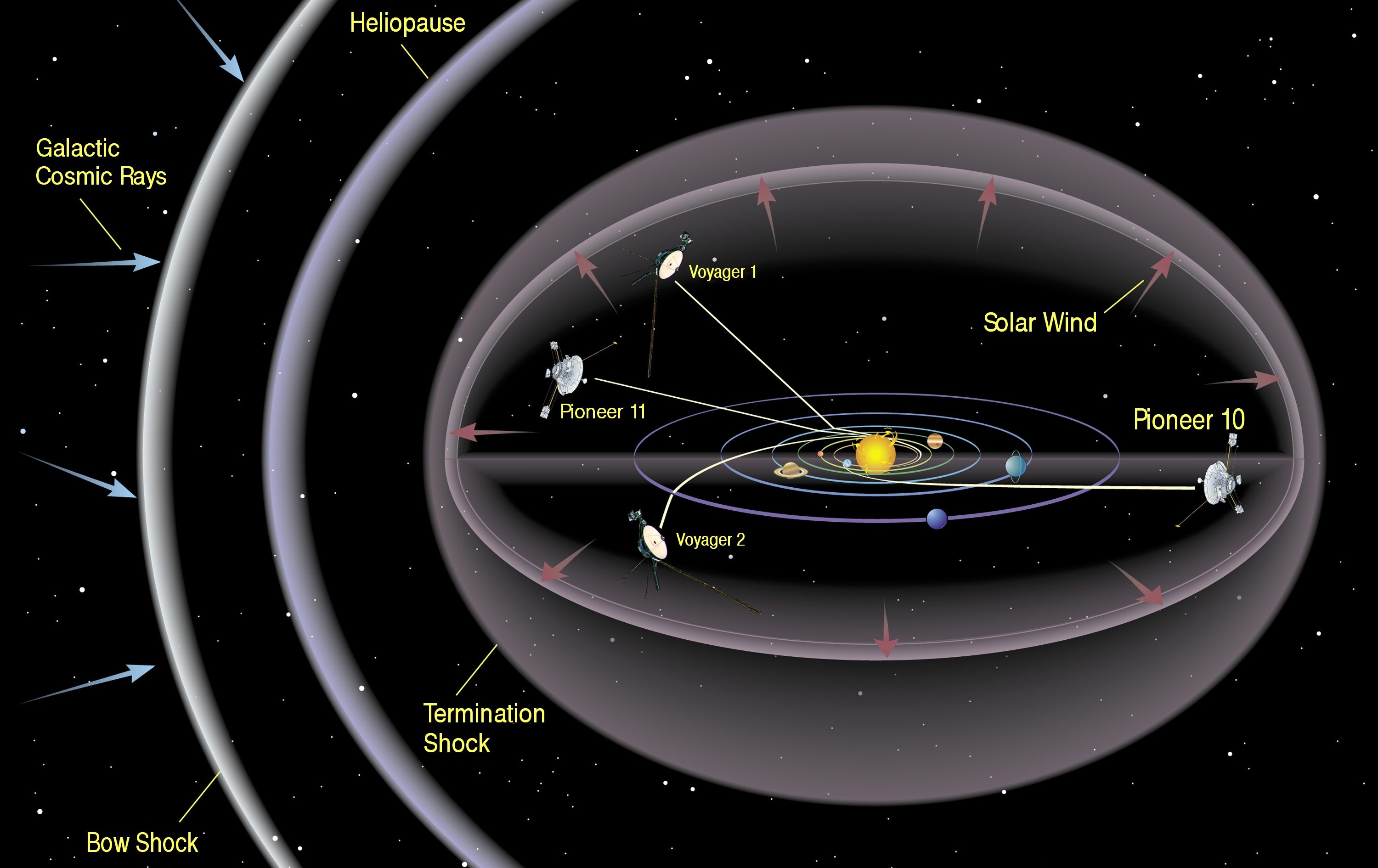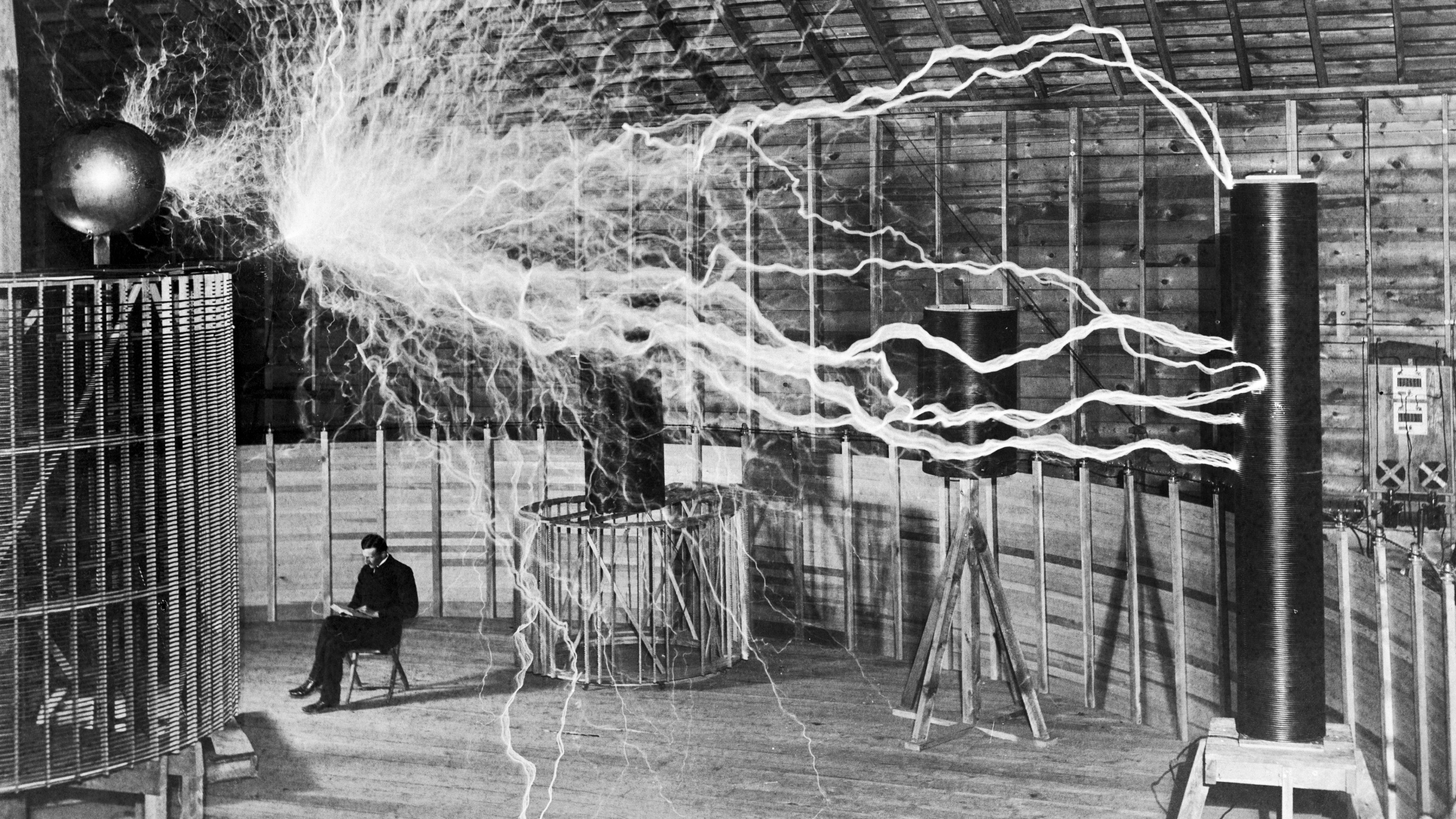What doesn’t kill you makes you stronger. That old adage roughly sums up the idea of antifragility, a term coined by the statistician and writer Nassim Taleb. The term refers […]
Search Results
You searched for: Systems
Could studying the Oriental hornet lead to a treatment for people with alcohol use disorder?
Water is vital for life. Luckily for spacefaring humans, the solar system is full of it.
Life in the supremely vast cosmos is incredibly rare. We need a new vision for our living planet and for ourselves.
A successful trial that tested a vaccine against bladder cancer in dogs could help develop a similar one for humans.
Physicists just can’t leave an incomplete theory alone; they try to repair it. When nature is kind, it can lead to a major breakthrough.
The game of Plinko perfectly illustrates chaos theory. Even with indistinguishable initial conditions, the outcome is always uncertain.
Antibodies can start forming in intestines over 10 years before symptoms arise.
Scientists can make substantial progress without fully understanding exactly what they’re doing.
In many ways, we are still novices playing with toy models seeking to understand the stars.
The researchers suggest that their results demonstrate intelligence in silico.
The closest star system to Earth, just over 4 light-years away, has three stars and at least one Earth-sized planet. Is it time to go there?
In 1990, we only knew of the planets in our own Solar System. Today, the exoplanet count is more than 5000. Here’s what we’ve learned.
There could be variables beyond the ones we’ve identified and know how to measure. But they can’t get rid of quantum weirdness.
Ever since the start of the hot Big Bang, time ticks forward as the Universe expands. But could time ever run backward, instead?
Cam Lawrence — CEO of international venture platform Newlab — joins Big Think Business to discuss his strategic vision for climate tech.
Astranis is on a mission to help everyone in the world get online.
Human beings are tiny creatures compared to the 92 billion light-year wide observable Universe. How can we comprehend such large scales?
Biotechnology can convert enemy viruses into anti-cancer mercenaries.
NASA is creating a planet habitability index, and Earth may not be at the top. With our current data, ranking habitability is guesswork.
They’re the most common type of exoplanet known today, and many astronomers have called them “super-habitable.” None of that is true.
Mars, the red planet, was a world we knew almost nothing about until our first spacecraft visited it. In just ~50 years, how far we’ve come!
Ground-based facilities enable the greatest scientific production in all of astronomy. The NSF needs to be ambitious, and it’s now or never.
Our state of extreme social interconnectedness has rapidly accelerated the rollercoaster pace at which societal confidence may collapse.
More than 90% of sexually active men will be infected with human papillomavirus in their lifetime. The virus may reduce fertility.
Forget these scientific myths to better understand your brain and yourself.
Some think the reason fundamental scientific revolutions are so rare is because of groupthink. It’s not; it’s hard to mess with success.
The shift from steam to electricity was inevitable — but some foresaw it earlier than others.
The talent of management should be unleashed toward the management of talent. Many companies are doing the opposite.


